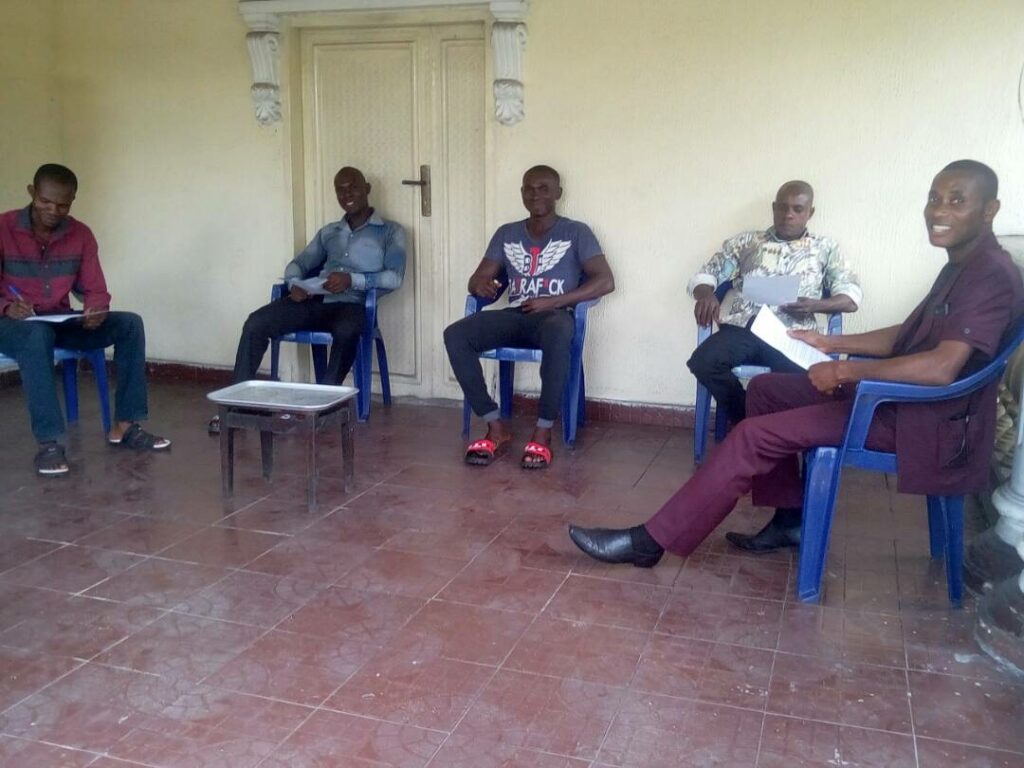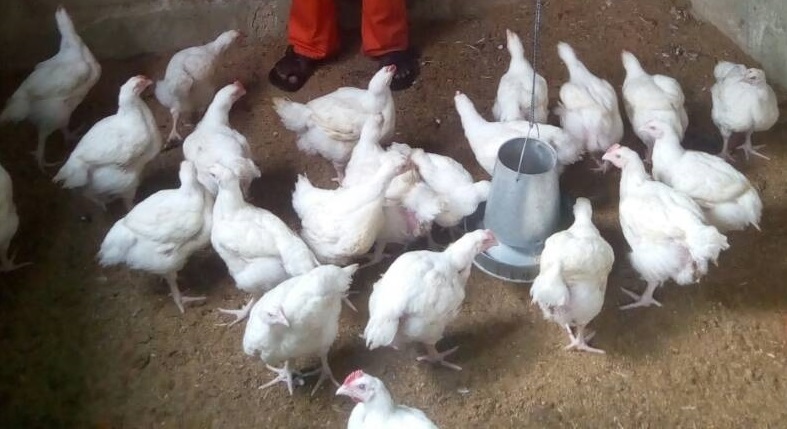The Shift in Poultry Farming
Poultry farming in Nigeria, is one of the biggest business opportunities. FLEP is exploring
Chimela Ule , a beneficiary of the Children’s Mission Africa (CMA) and an implementer of FLEP’s poultry intervention project shares his story on how he decided to invest in poultry business and becoming a role model for youths in his community.
“Some years ago when I relocated from Jos, the capital city of Plateau State, to my rural community of Umuorie in Abia State, left many people, especially youths from my community, to wonder if I was in my right senses to have left my job and the city to stay in the village. The actual word used was, “that guy must be crazy!”. Many of them are seeking for opening to escape to the urban areas and here I was, returning back to “the village”.
This did not deter me as I held onto Psalms 37:23-“The steps of a man are established by the Lord, when he delights in his way”.
I also saw the opportunities in the vast, resourced and fertile land with good climate. My love for agriculture is by far more than the course I studied in the University.
Days turned into weeks, weeks into months and years; and today my agricultural adventure is becoming the talk of the town and a rallying point for many. I have become a figure to emulate to God’s glory. I was not that crazy, after all! My poultry business expanded and I became a role model for other young men in my coummunity.
As the young people came around I sought for ways to engage as many of them as possible. The desire gave birth to what I called, “Young Farmers’ Club”. It is a simple gathering where we discuss agricultural business, life issues, community concerns and discuss the Word of God. The group so far has about 25 consistent members.
In the first year of setting up my fish farm, I engaged a young man from the community, Obinna fondly called ‘Obilo’, whom we took in to live on the property and work on my farm for pay.
He was Senior Secondary School then and combined the work with his education as his single mum could not foot his bills. It was a relief to have this job. Today, Obilo is through with his ‘O’ level exams but has no desire to go for higher education; he wants to build a business, a common desire of every growing young man in our community.

At first he had issues with accountability and proper use of his own funds. Today he has not only learnt to save but has invested his savings in starting his own small business of buying and retailing kerosene and other things while still working for me. He has learnt to keep his records to determine his profit or loss. He has also started his small poultry farm as one of the beneficiaries of the Young Farmers’ Club programme. He even consults for other farms from his level of knowledge of the work now.

The Young Farmers’ Club has empowered ten youths so far in its first phase. There are more to come and we are working on registering the group as a Cooperative Society to better help members.
I am grateful to God for how far he has brought us and I look with great anticipation to the future I see in this business and the Young Farmers Club.